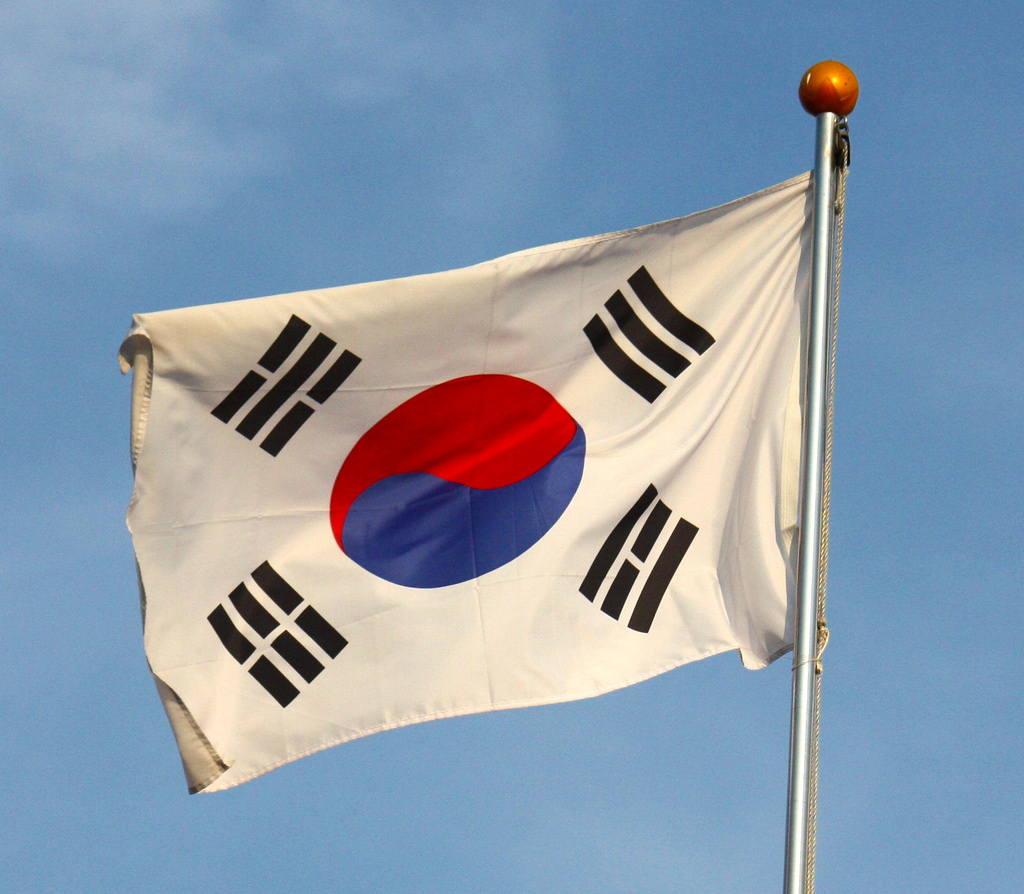South Korea hints at compensating ex-Japan labourers via fund; victims decry
The plan Seoul's foreign ministry proposed at a public hearing would compensate them using a foundation funded by South Korean businesses that benefited from a 1965 treaty in which South Korea received a package of $300 million in economic aid and $500 million in loans from Japan. The Foundation for Victims of Forced Mobilization by Imperial Japan said it has secured initial donations from steelmaker POSCO totalling 4 billion won ($3.2 million).

- Country:
- Korea Rep
The South Korean government unveiled a plan on Thursday to compensate victims of Japan's wartime forced labour through its own public foundation - instead of using funds from Japanese companies - prompting backlash from victims and their families.
South Korea's Supreme Court in 2018 ordered Japanese firms to pay reparations to former forced labourers. Although 15 South Koreans have won such cases, none has been compensated. The plan Seoul's foreign ministry proposed at a public hearing would compensate them using a foundation funded by South Korean businesses that benefited from a 1965 treaty in which South Korea received a package of $300 million in economic aid and $500 million in loans from Japan.
The Foundation for Victims of Forced Mobilization by Imperial Japan said it has secured initial donations from steelmaker POSCO totalling 4 billion won ($3.2 million). POSCO did not immediately respond to requests for comment. "We've reviewed that it is possible for a third party to make payment as legal bonds on behalf of the defendant Japanese company," said Seo Min-jung, the ministry's director-general for Asia Pacific affairs, adding a "creative approach" was needed.
Japanese Chief Cabinet Secretary Hirokazu Matsuno, Tokyo’s top spokesperson, declined to comment on Seoul’s compensation plan or its public hearing, saying they were domestic matters within South Korea. The foundation's chief, Shim Kyu-sun, said he would encourage South Korean companies to donate "from the perspective of social responsibility".
The unresolved legacy of Japan's colonisation in 1910-45, including restitution for Koreans forced to work at Japanese firms and in military brothels, has long been a source of contention between the two countries. Relations plunged to their lowest point in decades after the 2018 ruling, with the row spilling into a trade dispute. Japan says the compensation issue was settled under the treaty, and Seo said most of the Japanese companies named in the ruling have withdrawn assets from South Korea to avoid forced seizure.
Seo said that the government would consult with victims and their families before making a decision, but that the proposal was meant to prioritise compensating victims. But some victims immediately resisted, saying the plan would relieve Japan of its obligation to pay and apologise.
"It's an idea where Japan does not bear any burdens at all," Lim Jae-sung, a lawyer for several victims, told the hearing, accusing the ministry of ignoring the victims and "wrecking trust" between both sides. Kim Young-hwan, who also works with the labour victims, said: "They want an apology, and compensation as a proof of apology, because they have no other means to reward for their youth spent wrong."
Seo did not reply to them at the hearing, and the ministry did not immediately respond to Reuters' request for comment. Some attendees held slogans saying "Apologise Japan" and jeered at officials.
A group of activists also staged a rally outside the National Assembly, where the hearing was held, criticising Japan's refusal to compensate and the South Korean government's proposal. Under the 1965 deal, South Korea was required to consider all pre-treaty compensation issues settled. The economic aid and loans were largely spent to rebuild its infrastructure and economy after the 1950-53 Korean War. Former forced labourers began to demand compensation in the 1990s.
The rows over wartime history have fuelled concern over efforts to step up cooperation between the two key U.S. allies to rein in North Korea's nuclear and missile threats. South Korean President Yoon Suk-yeol, who took office in May, has vowed to boost bilateral ties with Japan and held the two countries' first summit since 2019 in September. Separately, Japan's Matsuno said the visit of a group of Korean lawmakers led by Chung Jin-suk to Tokyo on Thursday is a "significant move underpinning our bilateral relations." ($1 = 1,245.9600 won)
(This story has not been edited by Devdiscourse staff and is auto-generated from a syndicated feed.)
ALSO READ
Arvind Kejriwal challenges Delhi HC ruling on money laundering case in Supreme Court
Arvind Kejriwal appeals to Supreme Court against Delhi HC ruling in money laundering case
Supreme Court dismisses plea seeking breathalyser test before voters are permitted to cast vote at every polling booth during elections.
Baba Ramdev, Acharya Balkrishna appear before Supreme Court in misleading advertisements case
Supreme Court rules in favor of DMRC against Rs 8,000 cr arbitral award to Reliance firm










